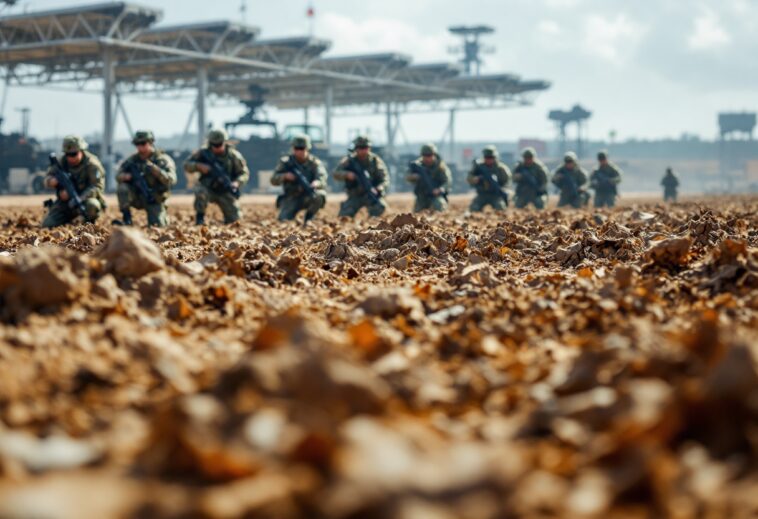Table of Contents
The military has long been a bastion of tradition, but recent developments indicate a significant shift towards inclusivity and gender equality. As the U.S. military grapples with modern challenges, the appointment of leaders who prioritize these issues is becoming increasingly crucial.
This evolution is not just about representation; it’s about enhancing operational effectiveness and ensuring that all service members, regardless of gender, have equal opportunities to serve and lead.
Gender equality in military leadership
Historically, the military has been dominated by male leadership, often sidelining the contributions and needs of female service members.
However, recent appointments, such as that of Pete Hegseth as Secretary of Defense, highlight a growing recognition of the importance of gender equality in military operations. Leaders like Hegseth are now being scrutinized not only for their military credentials but also for their commitment to fostering an inclusive environment.
This shift is essential, as studies have shown that diverse teams are more effective and innovative.
The impact of female leaders
Female leaders in the military are breaking barriers and reshaping the narrative around gender roles. Figures like Senator Joni Ernst, a survivor of sexual assault and the first female combat veteran in the Senate, are advocating for policies that support female service members.
Ernst’s support for Hegseth, despite initial reservations, underscores the complexity of navigating military politics while championing gender equality. Her evolution from skepticism to support reflects a broader trend where female leaders are increasingly influencing military policy and leadership dynamics.
Challenges and opportunities ahead
While progress has been made, significant challenges remain. Allegations of misconduct and the military’s handling of sexual assault cases continue to plague the institution. Leaders must prioritize transparency and accountability to rebuild trust among service members. Moreover, the push for women to take on combat roles is still met with resistance in some quarters.
However, with leaders like Hegseth promising to audit the Pentagon and address these issues head-on, there is hope for a more equitable future.
As the military continues to evolve, the intersection of leadership and gender equality will play a pivotal role in shaping its future. The commitment to inclusivity not only enhances the military’s effectiveness but also reflects the values of a society that increasingly demands equality and representation in all spheres of life.




